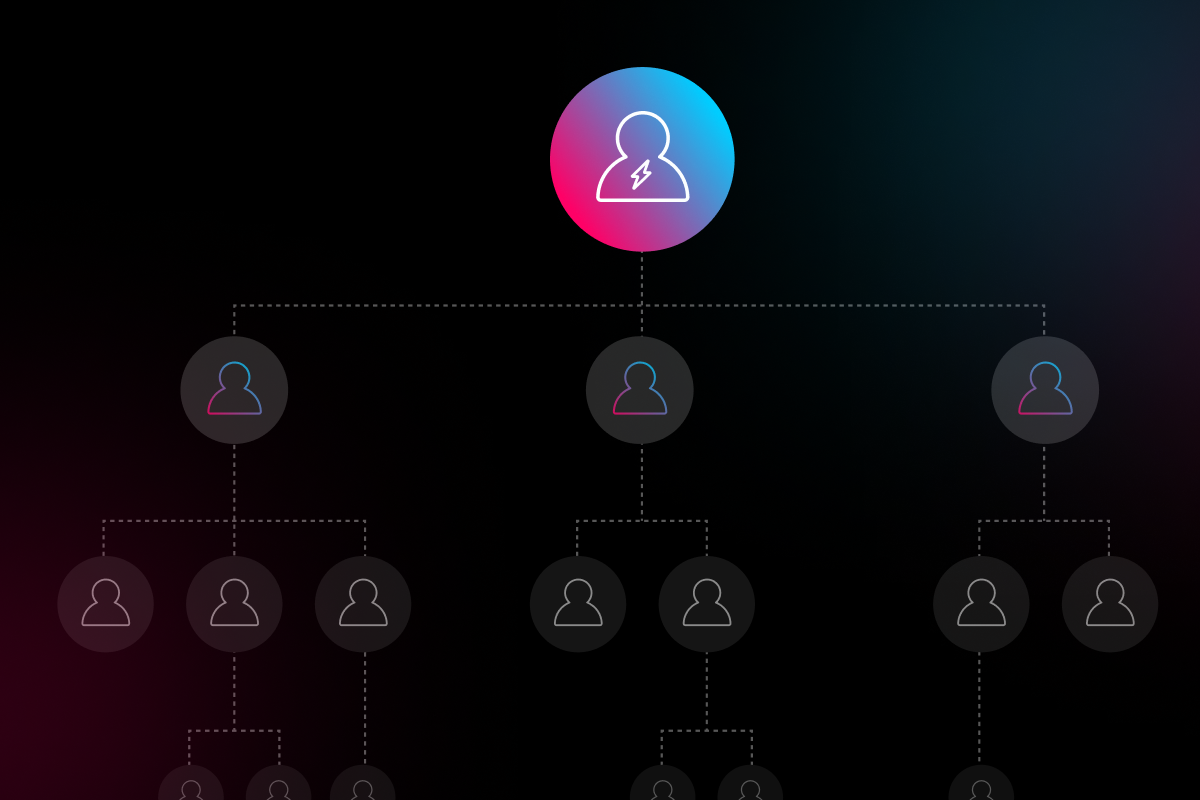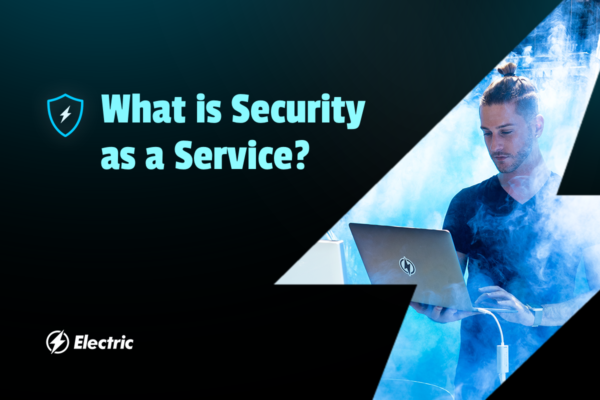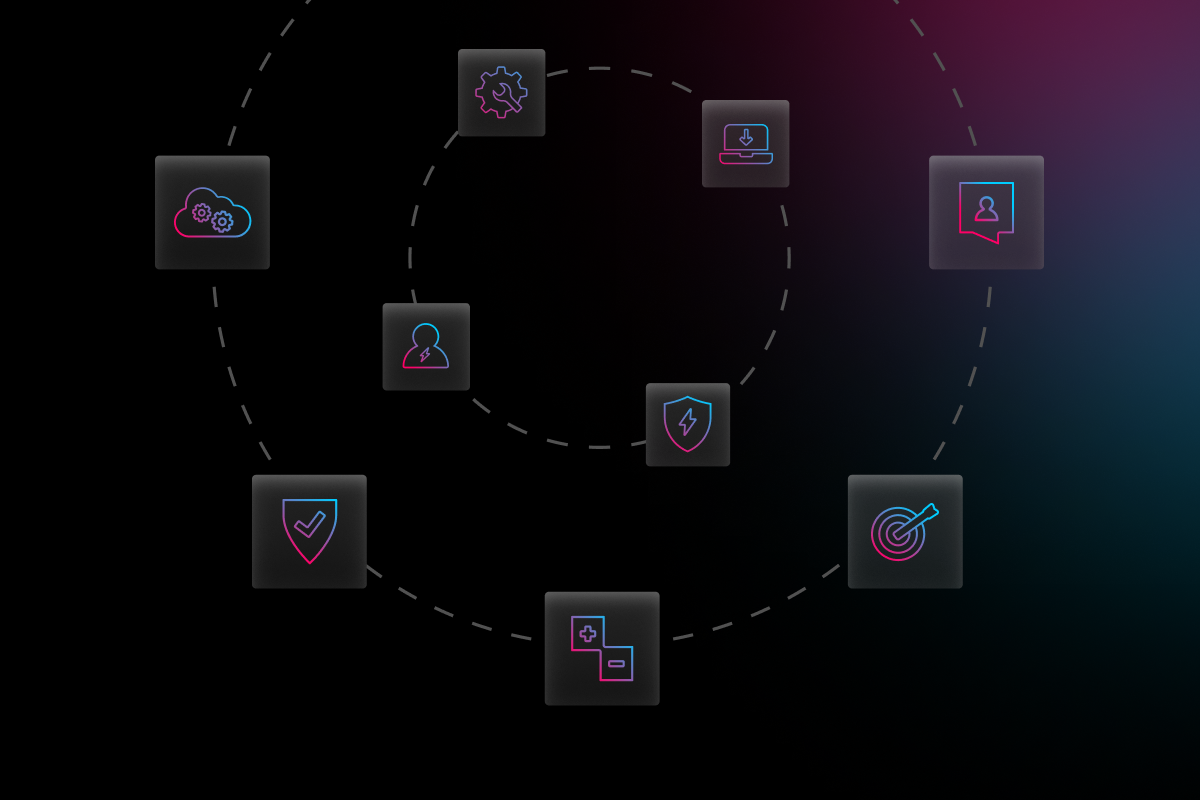
Most businesses today receive at least some part of their IT infrastructure “as-a-service,” meaning that they use third party services to provide and manage software applications. With the growing complexity of enterprise security needs, it is no surprise that the concept of security as a service (SECaaS) is coming into prominence.
We live in a world where a small business or startup is likely to shutter after only one one cyber attack, and where businesses are expected to lose $5.2 trillion in revenues by 2024 due exclusively to cyber crime. Companies that are serious about protecting their assets are looking for new ways to manage security, including working with SECaaS vendors.
Security as a service explained
Simply put, security as a service is a way to outsource security-related services to a third-party. The vendor delivers these solutions via the cloud, as opposed to a more traditional on-premises service model.
Why should I consider security as a service?
The world of work has changed, and the way we protect corporate information and resources must change as well. Employees have the ability to work when and where they want, often on their own personal devices. Companies are using many more software-as-a-service (SaaS) tools, and must maintain permissions and access management for all of them.
Cybercriminals see this shift to a more complicated workplace as an opportunity to exploit vulnerabilities from more avenues. An internal IT team can’t simply put up a network firewall and expect that to be sufficient against cyber threats. SECaaS platforms provide IT teams with much-needed support and allow them to focus on the most critical parts of their jobs.
What does security as a service include?
This will vary by SECaaS vendors, but you expect most to include many of the following services:
- Device security – Working with clients to develop security policies and configurations for company-owned and personal devices being used for work.
- Application security – Standardizing authentication policies across all SaaS applications, enabling policies such as multi-factor authentication (MFA) and single sign on (SSO).
- Network security – Providing tools and services for network protection and monitoring.
- Compliance – Working with clients to develop processes to maintain compliance with industry-relevant regulatory frameworks.
- Monitoring – Detecting and blocking suspicious traffic on the network.
- Disaster recovery and continuity – Managing outages and backups and resuming operation with little impact to customers.
The benefits of security as a service
The benefits of working with a SECaaS vendor include:
Reduced costs
Staffing a full IT security team is incredibly expensive and often unaffordable for many SMBs and startups. SECaaS can provide the same level of expertise at a fraction of the cost. In addition, you will not have to pay individual licensing fees to multiple security software vendors.
Access to up-to-date technology
Since SECaaS vendors are in the business of security, you can expect them to provide clients with the latest and most up-to-date software. Internal IT does not have to worry about patches and updates.
Skilled and experienced team
There are a limited number of people with the skills to do this kind of work. SECaaS takes away the stress of trying to find and retain IT security experts.
Scalability
SECaaS can be scaled up or down based on demand and your company’s needs. You can also add or remove users easily making onboarding and offboarding more streamlined, and getting new employees started faster.
More focused internal IT
Many SECaaS tasks are automated. This means that internal IT resources can be dedicated to more critical work, like investigating anomalies pointed after they are identified by monitoring software.
What to look for in a SECaaS vendor
Visibility in reporting
While SECaaS does take much of the leg work out of securing your organization, businesses are ultimately in charge of their own security. This means your vendor should provide a dashboard or other service that allows you access and review information like suspicious events and attempted attacks.
High level of support
Cyber attacks can happen at any time of the day on any day of the week. Security vendors need to be available 24/7 to warn you of any threats and mitigate damage caused by an attack. In addition, it’s important to know how responsive the vendor will be when and if you contact them. Many vendors offer guarantees of response times of 15 minutes, 20 minutes, etc.
Compatibility with your current systems
Make sure that any security vendor that you choose can support most of the SaaS and on-premises applications that you already have in use. It is much more affordable and safer to work with one security vendor than a patchwork of them.
With today’s complicated security environment, it’s crucial that businesses look to experts to keep their data and proprietary information safe. Learn more about how Electric can support your organization’s security efforts.


